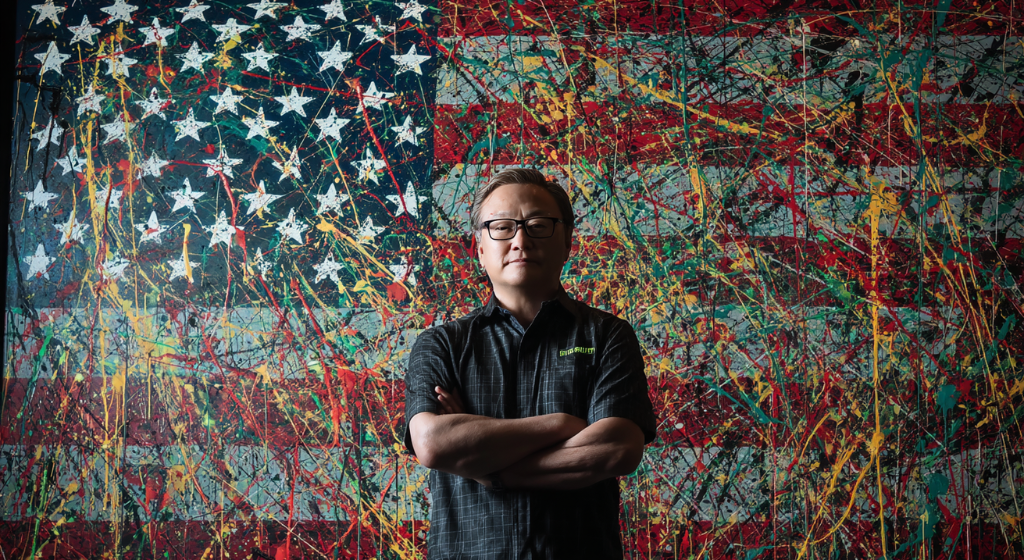
Nvidia’s H20 AI chip dodged impending U.S. export restrictions following a high-profile Mar-a-Lago dinner and investment pledge, revealing deep political tensions, regulatory setbacks and escalating global competition in AI technology. (Source: Image by RR)
Trump Administration Pauses Chip Restrictions Following Nvidia Investment Promises
Nvidia’s H20 chip, a high-performance AI processor currently legal for export to China, was expected to face imminent restrictions from the Trump administration. However, after a $1 million-per-head dinner at Mar-a-Lago attended by Nvidia CEO Jensen Huang, the White House reversed course and paused the planned export controls, reportedly following Nvidia’s pledge to invest in U.S. AI data centers. The H20 chip, despite being intentionally underpowered to meet legal thresholds, remains highly sought-after in China due to its superior capabilities compared to many domestic alternatives.
U.S. lawmakers, including Senators Elizabeth Warren and Josh Hawley, had been urging tighter export restrictions on the H20 chip, especially after Chinese company DeepSeek used it to power a breakthrough AI chatbot. Nvidia and U.S. officials, as noted in npr.org, have remained silent on the reversal, experts warn that continued access to these chips gives China a significant technological edge. The H20 chip, developed under prior restrictions, supports “inference,” a critical computational function for AI systems, making it a hot commodity among AI firms globally.
Chinese tech companies, anticipating a clampdown, stockpiled $16 billion worth of H20 chips in early 2025. However, internal delays within the Bureau of Industry and Security (BIS)—the U.S. agency responsible for export control enforcement—have hindered regulatory action. BIS has been weakened by federal budget cuts and staff departures, including the resignation of its top export control expert, Matthew Boreman. These setbacks have allowed crucial export control decisions to stall during a pivotal time in the U.S.-China tech rivalry.
Meanwhile, the Trump administration has initiated sweeping changes to technology and semiconductor policy. Key Biden-era initiatives under the CHIPS Act have been dismantled or restructured, with a new investment “accelerator” office replacing much of the semiconductor investment work previously done by the National Institute of Standards and Technology. Critics, like Rep. Raja Krishnamoorthi, argue that delays in tightening export controls give adversaries time to build AI capabilities that could threaten U.S. security interests.
read more at npr.org







Leave A Comment